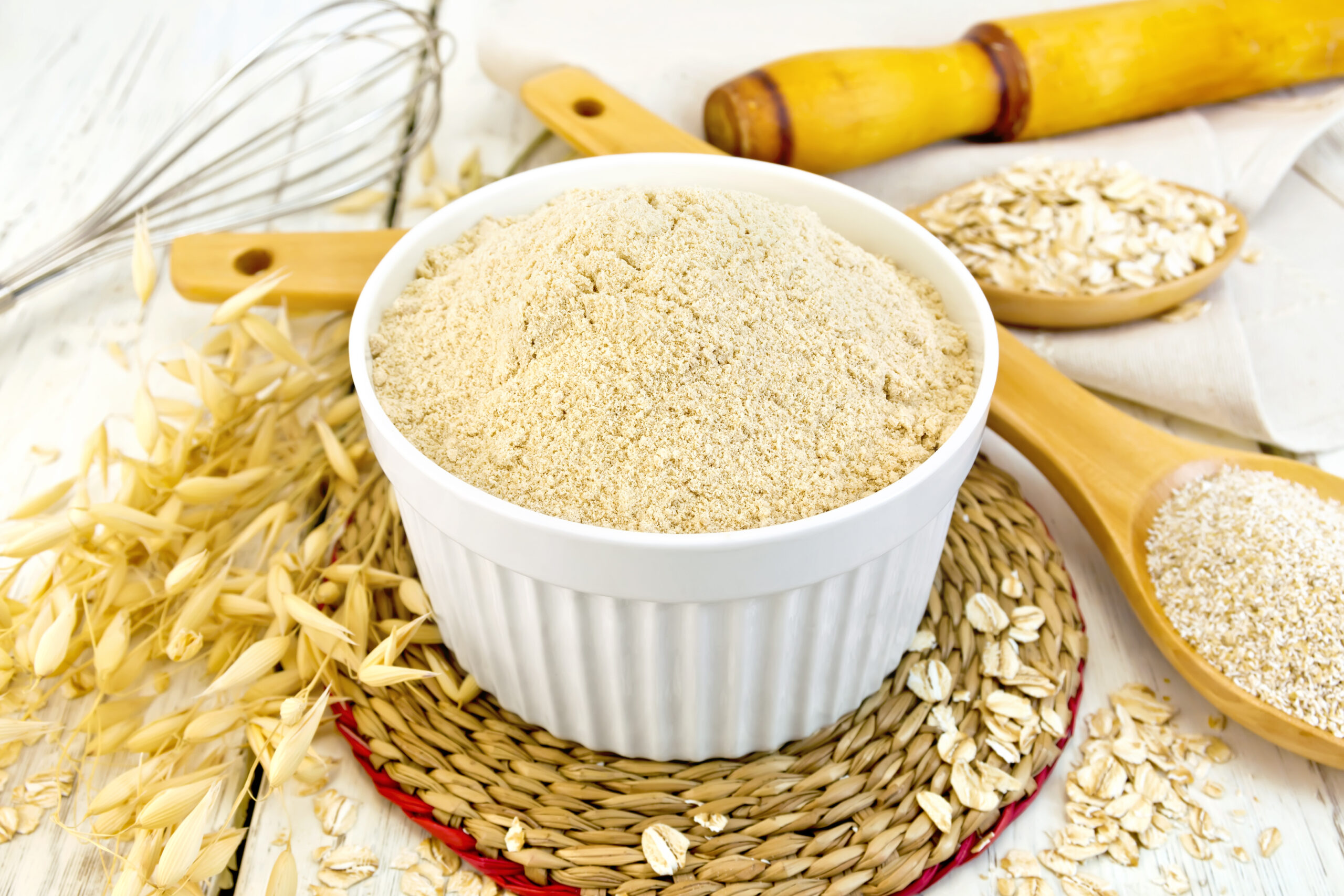Over time oats have been incorporated into many recipes. It is often used in regular flour to make gluten-free baked goods like pancakes, muffins, or waffles. This nutritious flour enhances a recipe by adding a rich nutty and caramel taste.
Oatmeal is both nutritious and versatile. The popularity of this flour has made it sought after by many cooking enthusiasts. In cases where you can’t find this flour or need something different from it, there are a few decent options out there for substitution. They would add rich flavors and healthy options to your recipe, and I will discuss some of them in this article.
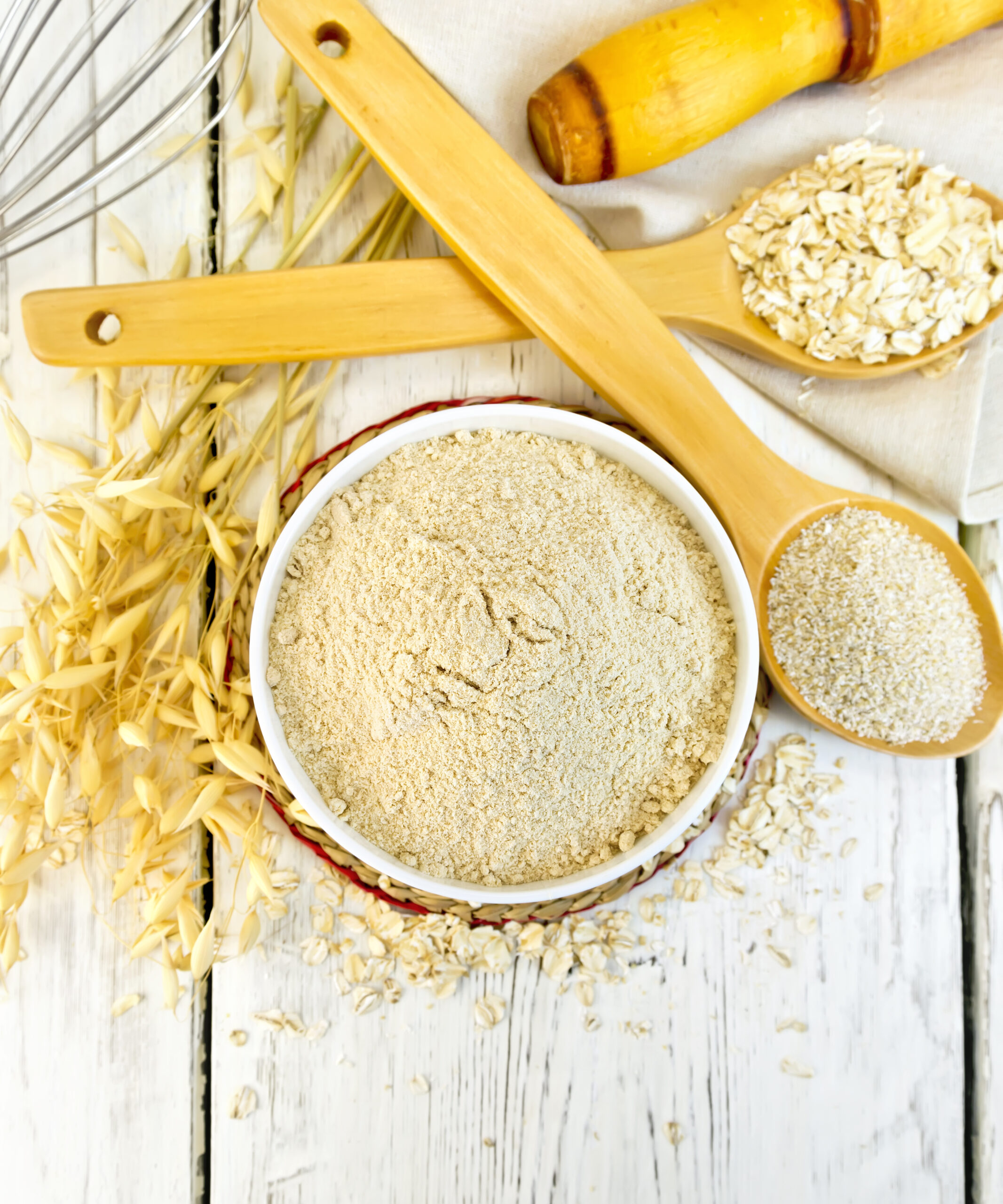
Oat Flour Nutrition Facts
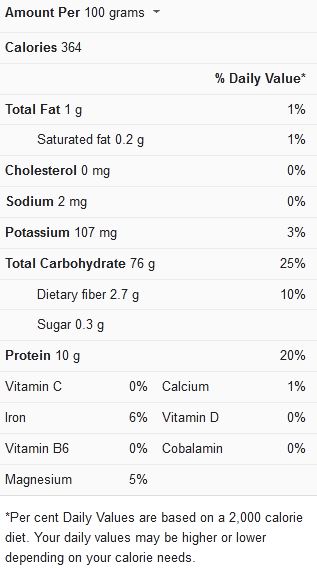
What is oat flour?
Oat flour is a fine grounded powder made from oats, commonly rolled oats, and oatmeal. Oats are cultivated for edible seeds and are commonly used as animal feed. They are also used in culinary, especially in baking, to boost flavor and texture, the rolled oats and oatmeal are the two versions of oats popularly consumed by humans.
Oats have been in existence for over a long period. It is native to western Asia and has a history in Europe. Original oats were labeled as a weed by ancient farmers, and they weren’t cultivated until they discovered around 2000BC that oats survived in colder climates, especially in Poland and Scandinavia. In the bronze age, they began cultivating oats and made oat flour used for bread and beer production.
Oats can be consumed as porridge, and they can also be easily grounded at home to make flour for baking. When added to baked goods, it absorbs moisture and provides a dense and chewy texture, and it also has a nutty, toasty, mild caramel, and sweet flavor. Oats are a powerhouse of nutrients; they contain vitamins, minerals, fiber, protein, and carbohydrates and help lower heart diseases, strengthen the immune system, regulate blood sugars in diabetic patients, and many other health benefits.
Oat flour uses in recipes
Oats have long been used in some parts of the world as livestock feed, but it is popularly made into flour and used in many recipes. The flour is a thickening agent in soups and adds delicious flavor with a chewy texture to baked goods like muffins, pancakes, and cookies, and it is sometimes combined with wheat flour in wheat bread production. There are varieties of gluten-free recipes that the oat flour can be incorporated in, and some of them include:
- Healthy Chocolate Peanut Butter Banana Muffins
- Lemon Poppy Seed Oatmeal Pancakes
- Gluten-free Baked Cinnamon Sugar Donuts
- Apple Oatmeal Muffins
- Healthy Chocolate Chip Banana Bars
- Sweet Cornbread Waffles
- Bakery-Style Banana Spice Muffins
- Strawberry Rhubarb Crisp
- Vegan Cinnamon Roll Banana Bread (gluten-free)
- Healthy Banana Bread Muffins
- Raw Carrot Cake Candy Bars
- Banana Oatmeal Pancakes
- Strawberry Cornbread Cake
- Gingerbread Oatmeal Pancakes
- Dark Chocolate Tahini Blondies
Oat flour substitutes
Oat flour is a gluten-free flour used in baked goods and cooked soup recipes. They add a rich nutty, sweet taste and produce a nice texture in many foods. It offers many health benefits like aiding weight loss and improving the immune system.
It is popularly substituted for wheat flour in some recipes by most bakers, and it provides a better result. However, in cases where you can’t find this nutritious flour, you can use other healthy alternatives in its place. Remember that the oat flour produces a dense and chewy baked outcome so that it wouldn’t work as well in fluffy baked goods.
Coconut Flour
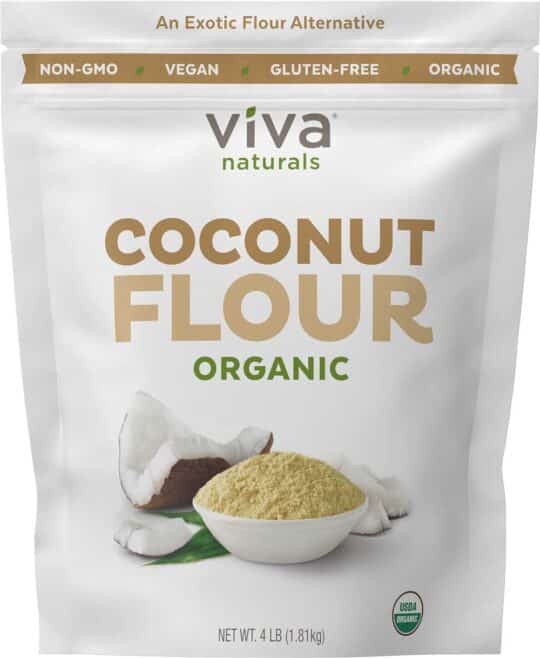
coconut flour is made from white coconut flesh. It is a gluten-free option like oat flour and can be a good alternative. Coconut flour is nutritious and contains protein, fat, fiber, carbohydrate, calories, and iron. It is a healthy carb that is beneficial to the human body. It helps in aiding digestion and weight loss.
The coconut flour is thicker and retains more liquid, so when making a dough with this flour, it should be mixed properly for a longer time. Eggs should be added to make it less dry and crumbly. When substituting the coconut flour for the oat flour, substitute about ¼ cup of coconut flour for one ¼ cup of oat flour, but keep in mind that it would produce a denser and chewy baked good.
Almond flour
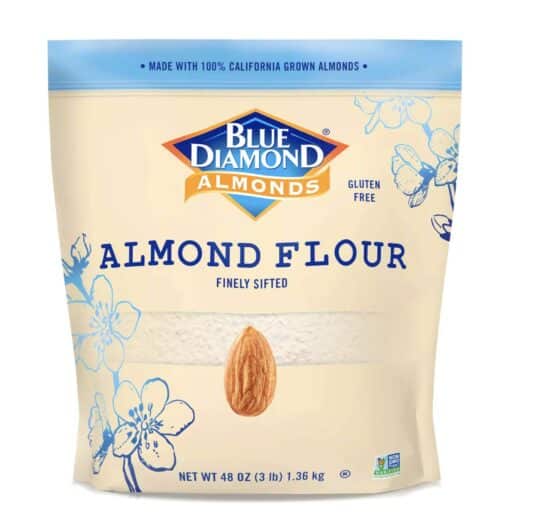
Almond flour is a sweet-tasting flour from almonds, produced by grounding almonds that have their skin removed in boiling water. Almond flour is often confused with almond meal, which is another version of flour, but it has a more coarse texture because of the retention of the almond skin when grounding.
This flour is gluten-free and highly nutritious, containing protein, fats, carbohydrates, dietary fiber, calories, vitamins, and minerals. It is a cheap alternative that could be easily grounded from peeled almonds and stored for longer use in recipes. A ratio of 1: 1 can be applied when substituting almond flour for oat flour.
Quinoa flour
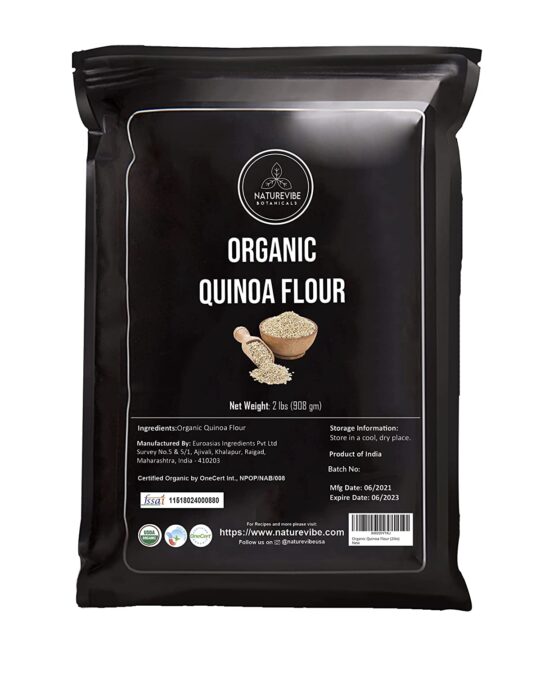
Another healthy gluten-free alternative is the quinoa flour made by grounding quinoa seeds into a fine powder. It is rich in protein and would give an excellent structure to baked goods. The quinoa flour is lightweight and would not produce dense baked goods. Instead, it is added to soups, protein powders, and baked goods.
It has an earthy and nutty taste, and it might taste a little bitter to some persons, but this can be reduced by toasting it. This flour blends well with other earthy and dark flavors like cocoa, robust spices, and dark molasses. When substituting, a ratio of 1: 1 can be worked with, especially if you are not sensitive to the bitter taste or it has been reduced by toasting.
Frequently asked questions (FAQs)
How Long can I store oat flour?
Oat flour can be stored in an air-tight container for up to 2 months. If it stays longer, it might start to lose its flavors. For a longer shelf life of up to 6 months, it can be stored in a refrigerator.
Can regular white flour be used as a substitute for oat flour?
It is not gluten-free, but if you run out of oat flour and can only find white flour, you can use it as a substitute.
Is oat flour healthier than white flour?
They are unique and nutritious, but oat flour offers more nutritional value than white flour.
Conclusion
Oats are highly nutritious foods, and they are further processed to powders which have become popular in baking to produce gluten-free dense and chewy baked goods. If you find yourself in a position where you’ll need a substitute for it, you can try some of them listed above in your recipe. Other alternatives include barley flour, sorghum flour, brown rice flour, buckwheat flour, spelled flour, or you can even make it at home from oatmeal.
